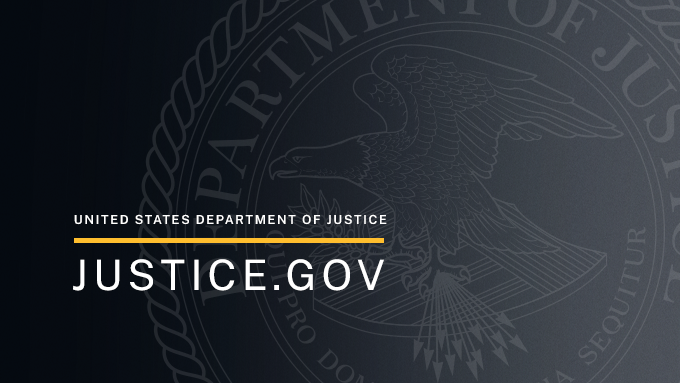- Joined
- Sep 29, 2007
- Messages
- 132,139
- Reaction score
- 30,573
- Gender
- Undisclosed
- Political Leaning
- Independent
Then why does it say "slavery nor involuntary servitude"?No, slavery was all of it.
This is already starting off bad...
I posted the definition for you. Not my fault you fail to understand it.No, payment (or specifically the acceptance of it) means you are not a slave, it means you have entered into a voluntary contract
One could argue that but then that person would be arguing for violating people's rights by violating the 13th Amendment.You could also argue that accepting US citizenship also means you consent to the draft (if applicable) and to jury service.
Again, you need to read the definition. Force is the issue. If you force a person against their will but pay them... you are still force them. That is Involuntary. That means they did not Volunteer.But since conscripts and jurors receive/accept payment, this does not apply.
If you didn't volunteer, but you find yourself doing it anyway, it's involuntary.
Since they will be punished if they refuse, or leave, they are being coerced... look, there is a ton of shit here that you apparently do not understand.
I never made that argument.Please cite a case where an attorney has ever used the 13th Amendment to oppose the draft/jury service
Appeal to Authority.Please also cite a reputable legal scholar who says the 13th Amendment applies to either case.
The Supreme Court upheld that conscription did not violate the Thirteenth Amendment's prohibition of involuntary servitude, or the First Amendment's protection of freedom of conscience. Joseph McKenna · Oliver W.
I am claiming that I understand basic English better than them, and you, though.Selective Draft Law Cases - Wikipedia
en.wikipedia.org
It seems you're claiming to know more about the Constitution than the justices of the Supreme Court.
SCOTUS also ruled that slavery was legal and the discrimination was legal... they also ruled incorrectly about the 2nd Amendment. Are you now going to argue that Plessy v Ferguson was a good ruling? By your logic you should.It seems you're claiming to know more about the Constitution than the justices of the Supreme Court.
"Neither slavery nor involuntary servitude, except as a punishment for crime whereof the party shall have been duly convicted, shall exist within the United States, or any place subject to their jurisdiction."

13th Amendment to the U.S. Constitution: Abolition of Slavery (1865)
EnlargeDownload Link Citation: The House Joint Resolution Proposing the 13th Amendment to the Constitution, January 31, 1865; Enrolled Acts and Resolutions of Congress, 1789-1999; General Records of the United States Government; Record Group 11; National Archives. View All Pages in the National...
(8) Involuntary servitude The term “involuntary servitude” includes a condition of servitude induced by means of— (A) any scheme, plan, or pattern intended to cause a person to believe that, if the person did not enter into or continue in such condition, that person or another person would suffer serious harm or physical restraint; or (B) the abuse or threatened abuse of the legal process.Definition: involuntary servitude from 22 USC § 7102(8) | LII / Legal Information Institute





:max_bytes(150000):strip_icc()/directtax.asp-final-9c36cb6ce03647aeaee8206d164d9a44.png)